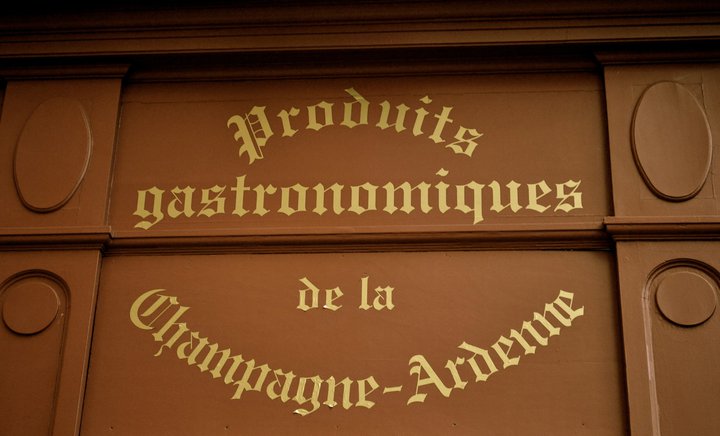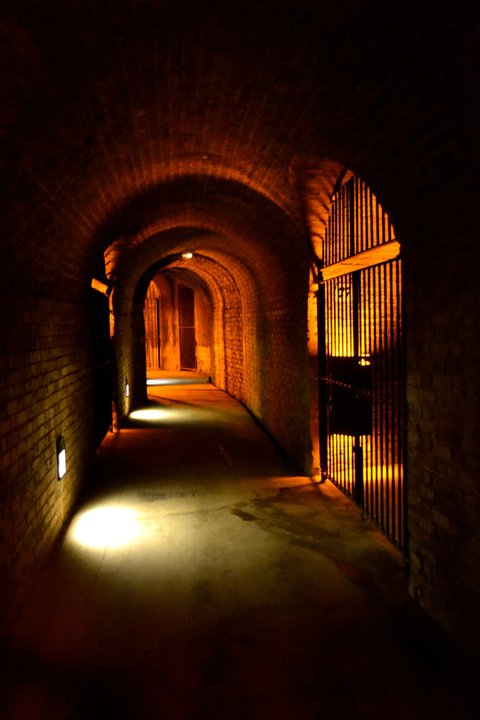
Some very exciting news reached On Reserve this morning, thanks to Sean Buckley of Texas Tech University School of Law. With the recent execution of the bilateral trade agreement between Australia and the EU on the first of September, this news comes to us with great understanding. This last week, Russian wine producers agreed to stop using the term ‘Champagne’ (or Shampanskoye in Russian) on products and are additionally in the process of creating a geographical indication for appellations of origin. According to an article in Harpers Wine & Spirits Trade Review, Russian producers of the Russian Winegrower and Winemaker Union gathered last Saturday at a sparkling wine fair in Russia’s wine producing area of Krasnodar to “showcase their wines to Russian restaurateurs, wine industry professionals and journalists.” (See Russian Wine Producers to Stop Using the Term ‘Champagne’.) At the meeting, the producers signed an agreement, developed alongside the Comité Interprofessionnel du vin de Champagne (CIVC), and agreed to use the term sparkling wine as opposed to Champagne, which furthers the protection of wine place name and origin. (Id.) Whereas the Russian Winegrower and Winemaker Union agreed to outlaw the use of the trademark ‘Sovetskoye Shampanskoye’ on its wine products, a definite timescale was not created for execution.

Boris Titov, owner of the sparkling wine producer Abrau-Durso, stated that producers recognize the problem the Russian wine industry is apparently facing: creating a place for Russia as a New World wine producer entails interacting with external wine producers and abiding by predetermined marketing rules and technological standards that are recognized in the international wine industry, including the protection of foreign geographical indications. Whereas Russian producers used the term ‘Champagne’ on its products for decades, and while there appeared to be a strong opposition for signing the agreement, Russian wine producers “voted in favour after strong encouragement from Abrau-Durso, the sparkling wine producer owned by Boris Titov.” (See Russia to Stop Using ‘Soviet Champagne’ Name.) Titov postulates that, in order for Russia’s own appellations to be recognized, Russian wine producers have to respect the appellation names of other countries and regions. (Id.) Currently, the appellation proposals are in the process of being discussed, but “are likely to focus on two main production areas: the Rostov-on-Don river valley and the Northern Caucasus, with sub-regions likely to include Anapa . . . .” (Id.)
With a trend in favor of the protection of wine place name and origin, especially with respect to Champagne, it is interesting to consider which country may be next to further the protection of Champagne.
Photographs are property of Lindsey A. Zahn; Wine & Law Program, Summer 2011.
For more information on wine or alcohol law, international trade, or direct shipping, please contact Lindsey Zahn.
DISCLAIMER: This blog post is for general information purposes only, is not intended to constitute legal advice, and no attorney-client relationship results. Please consult your own attorney for legal advice.